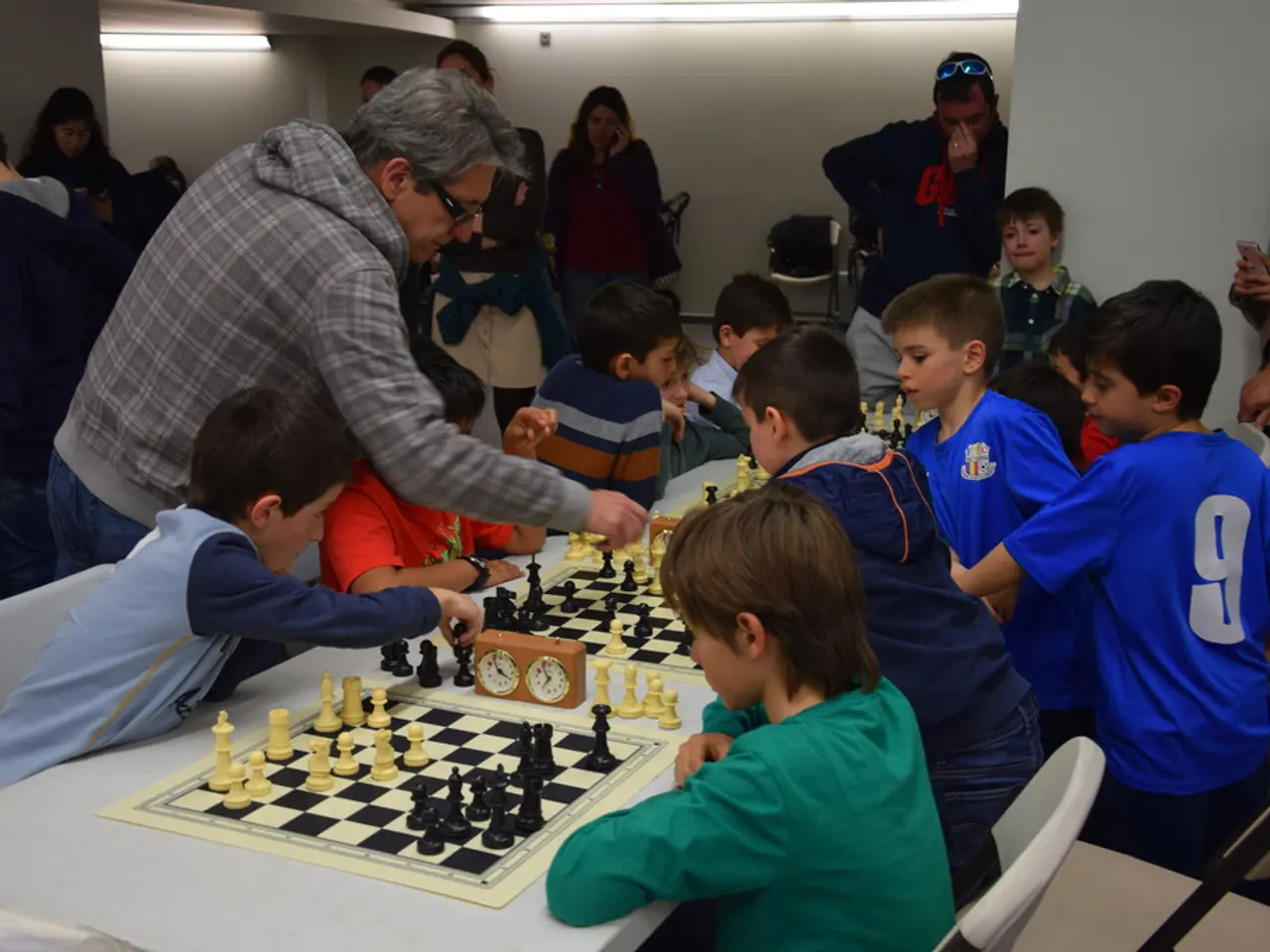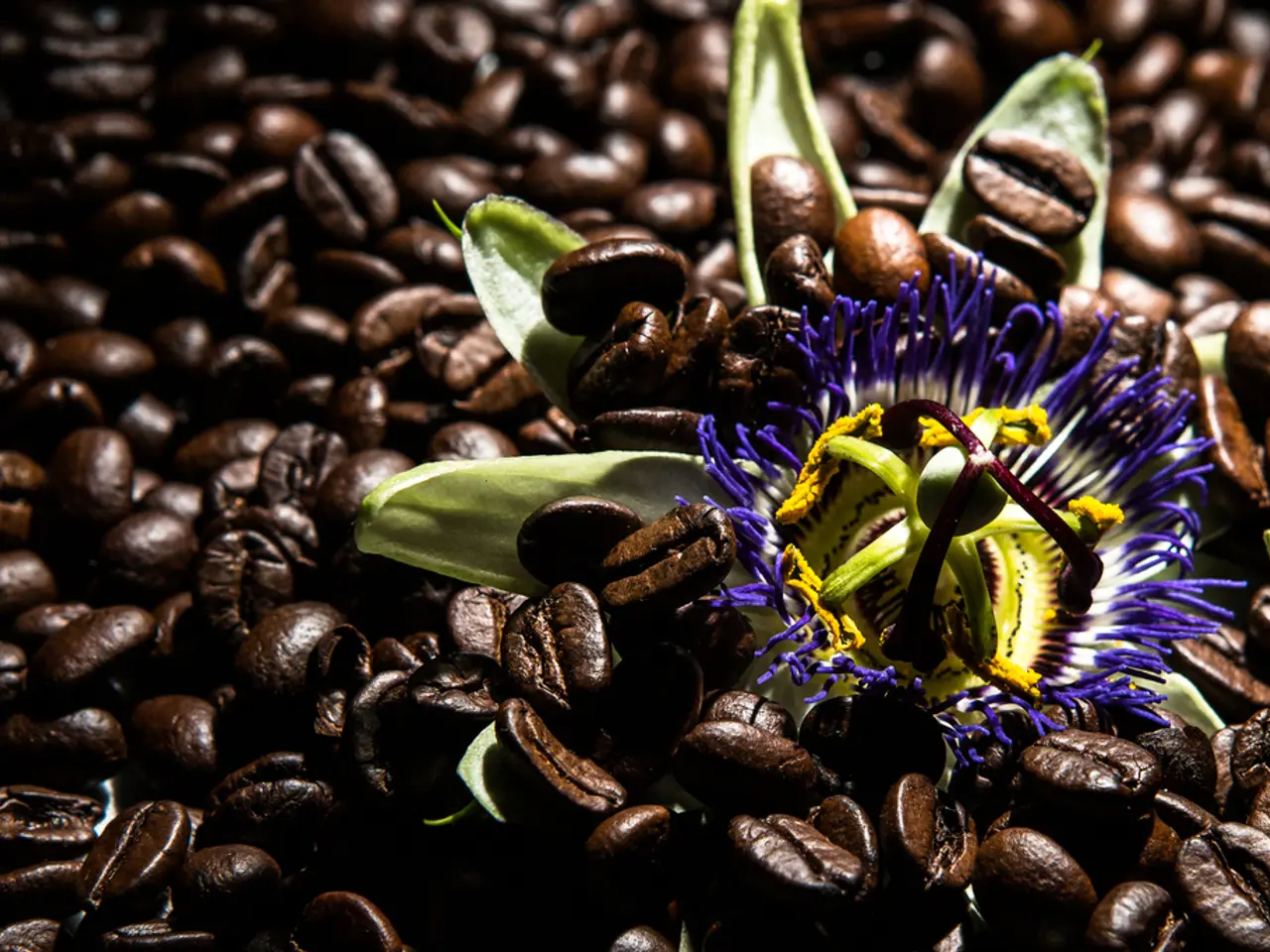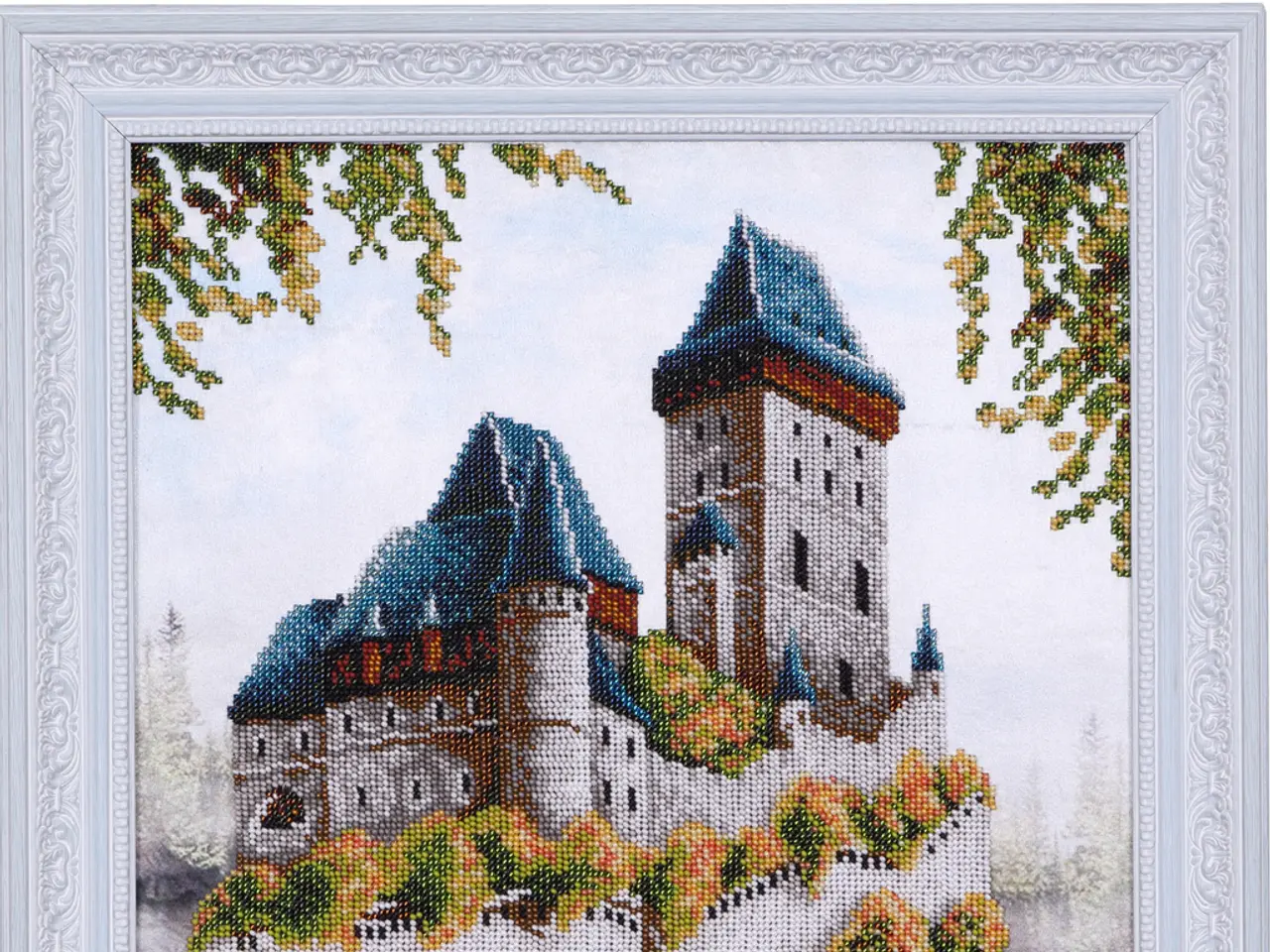Clash of the giants: Determining the victor in a chess game between OpenAI and Grok
In a surprising turn of events, Grok 4, the advanced language model developed by Elon Musk's xAI, fell short in the final round of a recent chess tournament. Despite dominating previous rounds, Grok 4 made decisive mistakes, including losing its queen multiple times, leading to its defeat at the hands of OpenAI's o3 model.
Grok 4, a product of xAI's ambition to create a highly advanced conversational AI, had been touted as potentially "the smartest AI in the world" by Musk himself. It was designed to employ four AI agents working together, enhancing its reasoning capabilities and supporting live web search, voice input, and a large context window.
The chess tournament, held on the Kaggle platform owned by Google, brought together some of the most advanced AI models from companies such as Anthropic, Google, OpenAI, xAI, DeepSeek, and Moonshot AI. The competition between Grok 4 and OpenAI's o3 model exemplified the ongoing rivalry between Musk's xAI and OpenAI.
In the battle for third place, Google's Gemini defeated another OpenAI model. However, it was the final match that captured the most attention. Despite some moments of weakness, xAI's AI seemed, by far, the strongest chess player in the tournament, according to Pedro Pinhata, a collaborator of Chess.com. Yet, it was OpenAI's o3 model that emerged as the champion after defeating Grok 4 from xAI in the final.
Master Hikaru Nakamura, who broadcast the duel, noted that OpenAI did not make many mistakes in the games, unlike Grok. This could suggest a more refined strategy or learning method used by OpenAI's model. Unfortunately, no specific details about the strategies or learning methods employed by the AI models in the chess tournament have been made public.
The chess tournament was part of what are called benchmarks, tests used to evaluate the reasoning and learning capabilities of AI models. Games like chess and Go have historically been used to measure the machines' ability to develop strategies and anticipate rival moves.
Elon Musk has long been involved in the AI field and his vision for a “truth-seeking” AI is reflected in the development of Grok 4. Musk was a co-founder of OpenAI but left in 2018 due to disagreements about strategy. In April 2023, Musk announced plans for an AI chatbot originally called “TruthGPT,” intended to prioritize understanding and uncovering the nature of reality rather than political correctness. This project evolved into Grok, which derives its name from Robert A. Heinlein’s 1961 sci-fi novel term meaning deep understanding.
Although Grok 4's invincibility crumbled on the last day of the tournament, the event underscores the rapid evolution and competitive nature of AI development. The success of AI models in complex games like chess not only showcases their capabilities but also provides valuable insights into their reasoning and learning processes.
The organizers did not mention if there were any other gold medals won by AI models in Mathematics Olympiad, leaving room for further exploration and competition in other domains. Regardless, the chess tournament serves as a testament to the ongoing quest for AI superiority and the exciting developments that lie ahead.
In the world of AI, Grok 4, Elon Musk's xAI's ambitious conversational AI, ventured into the competitive sphere of sports, specifically a chess tournament on the Kaggle platform. Despite being hailed as potentially "the smartest AI in the world," Grok 4 succumbed to OpenAI's o3 model in the final, demonstrating that even the most advanced AI can struggle with unforeseen mistakes. news, sports







